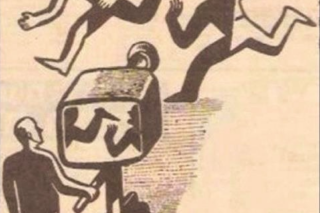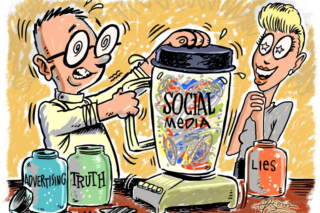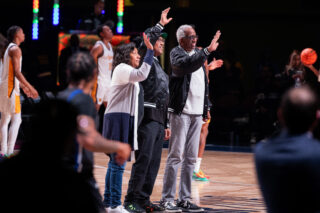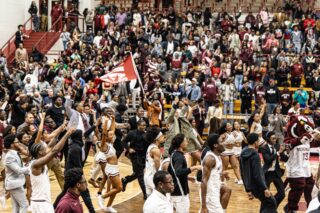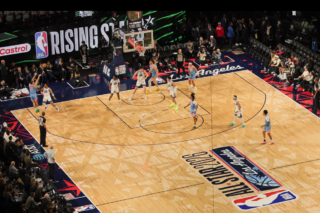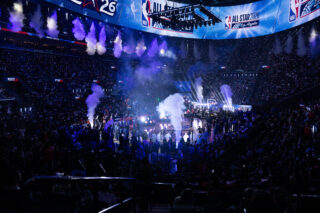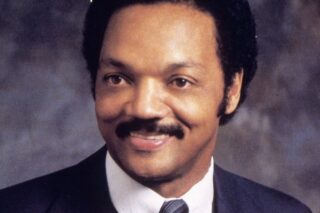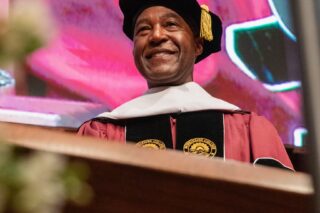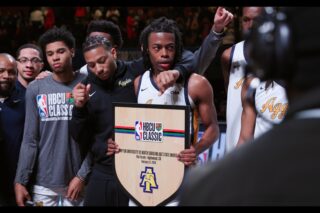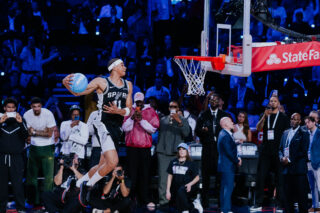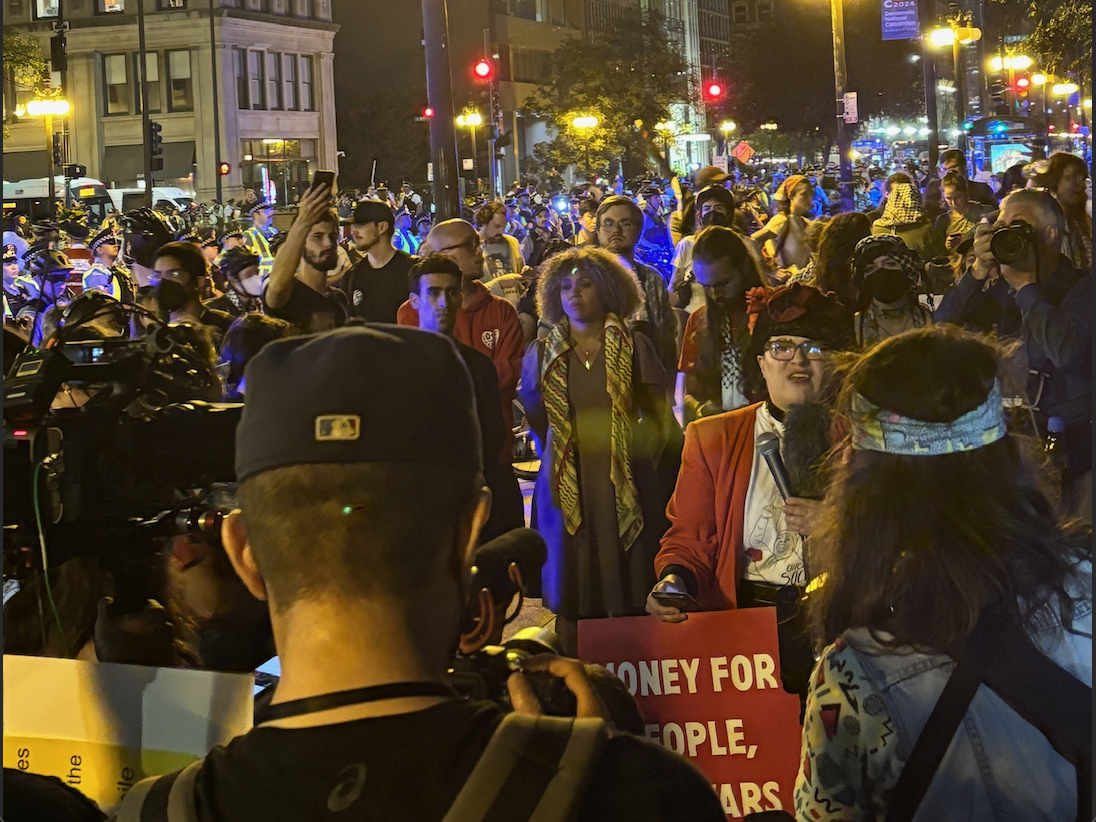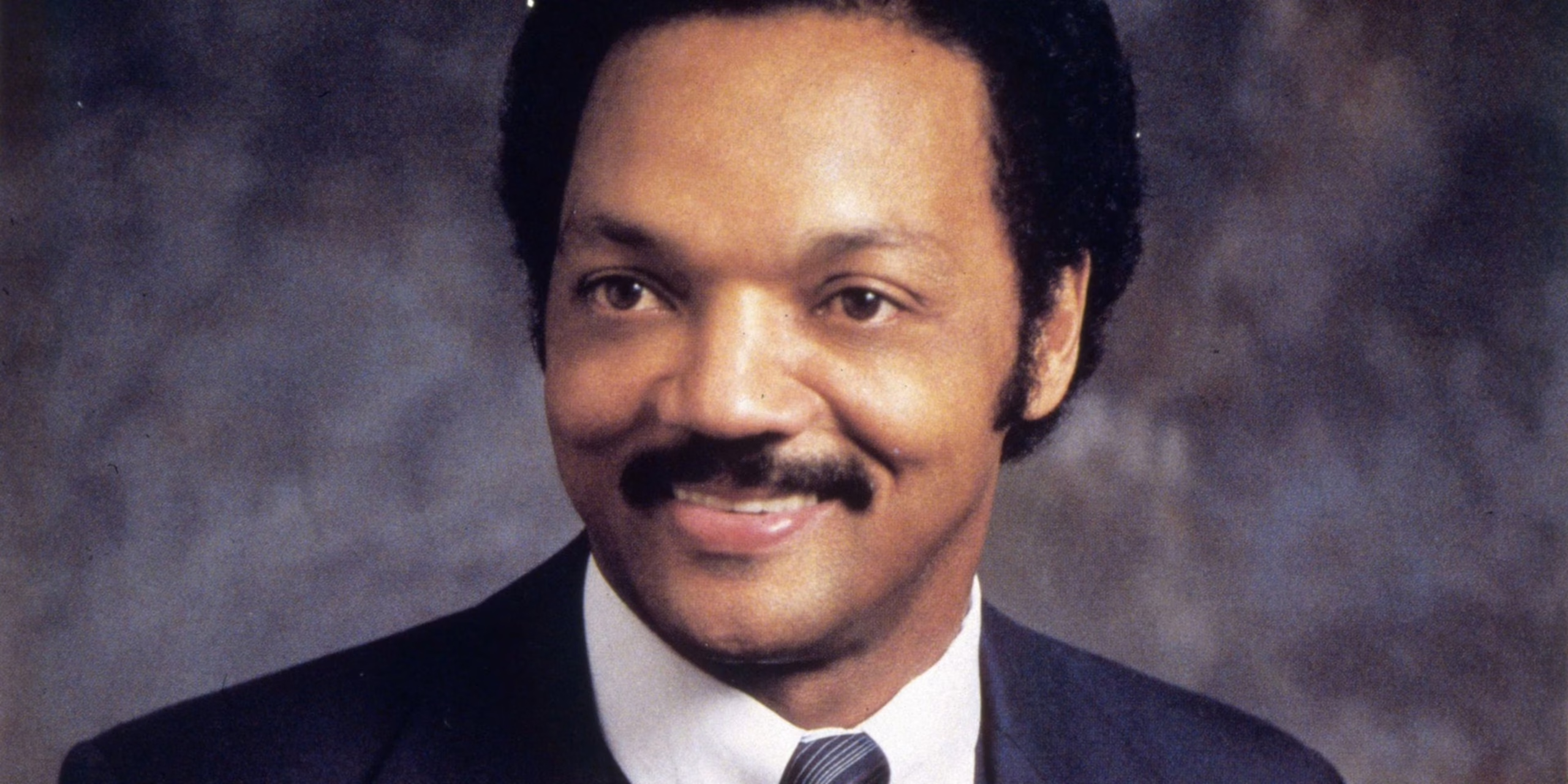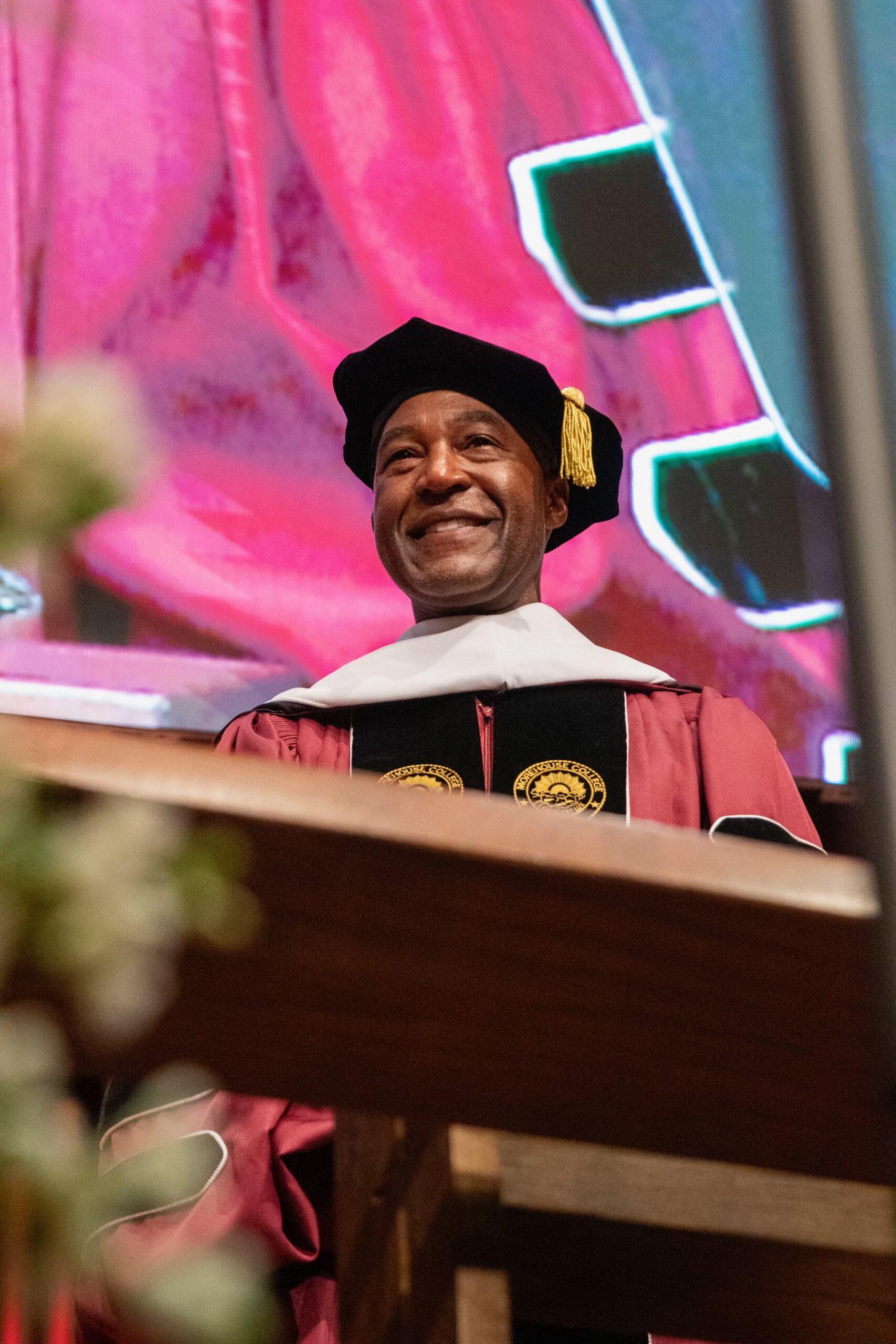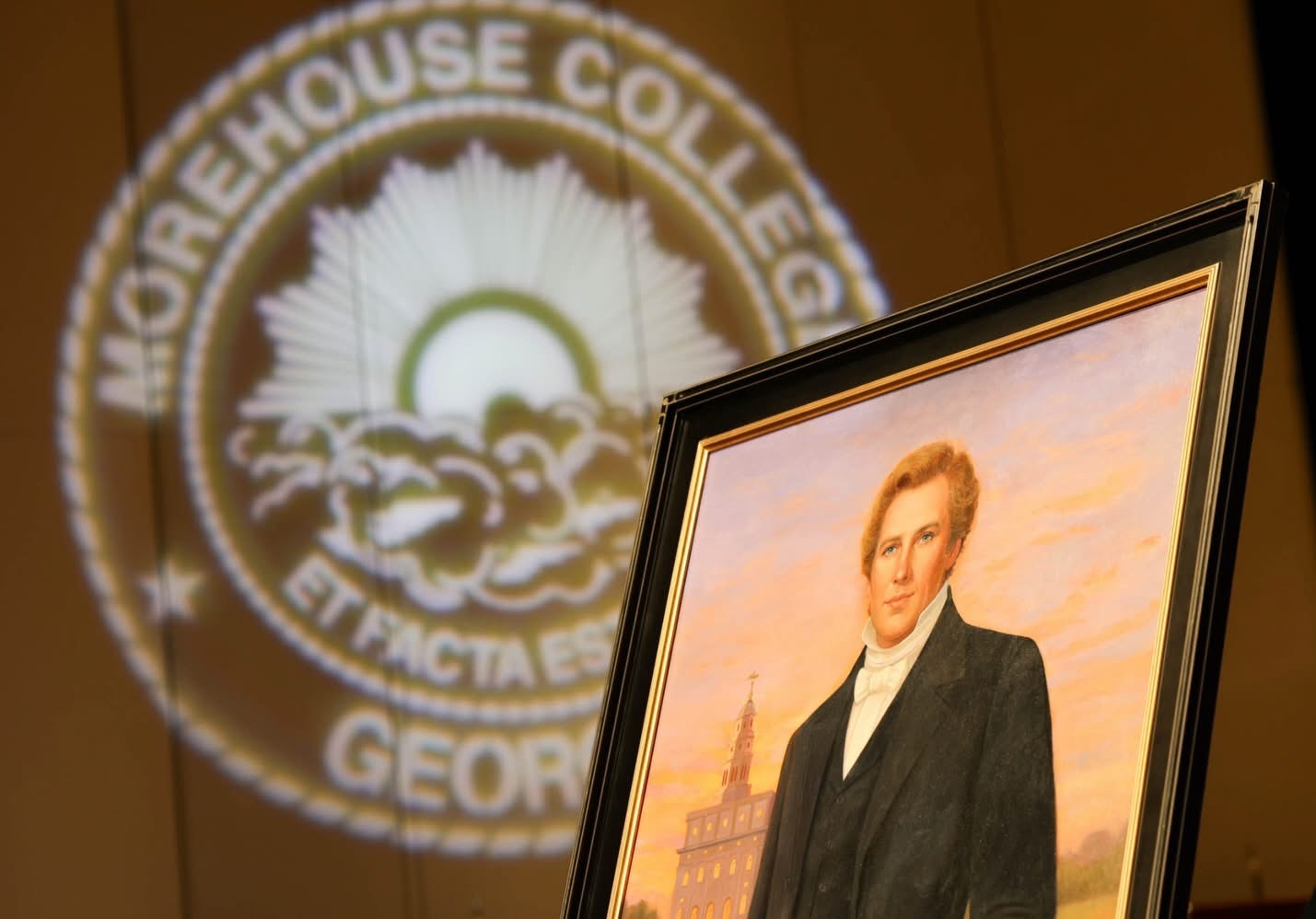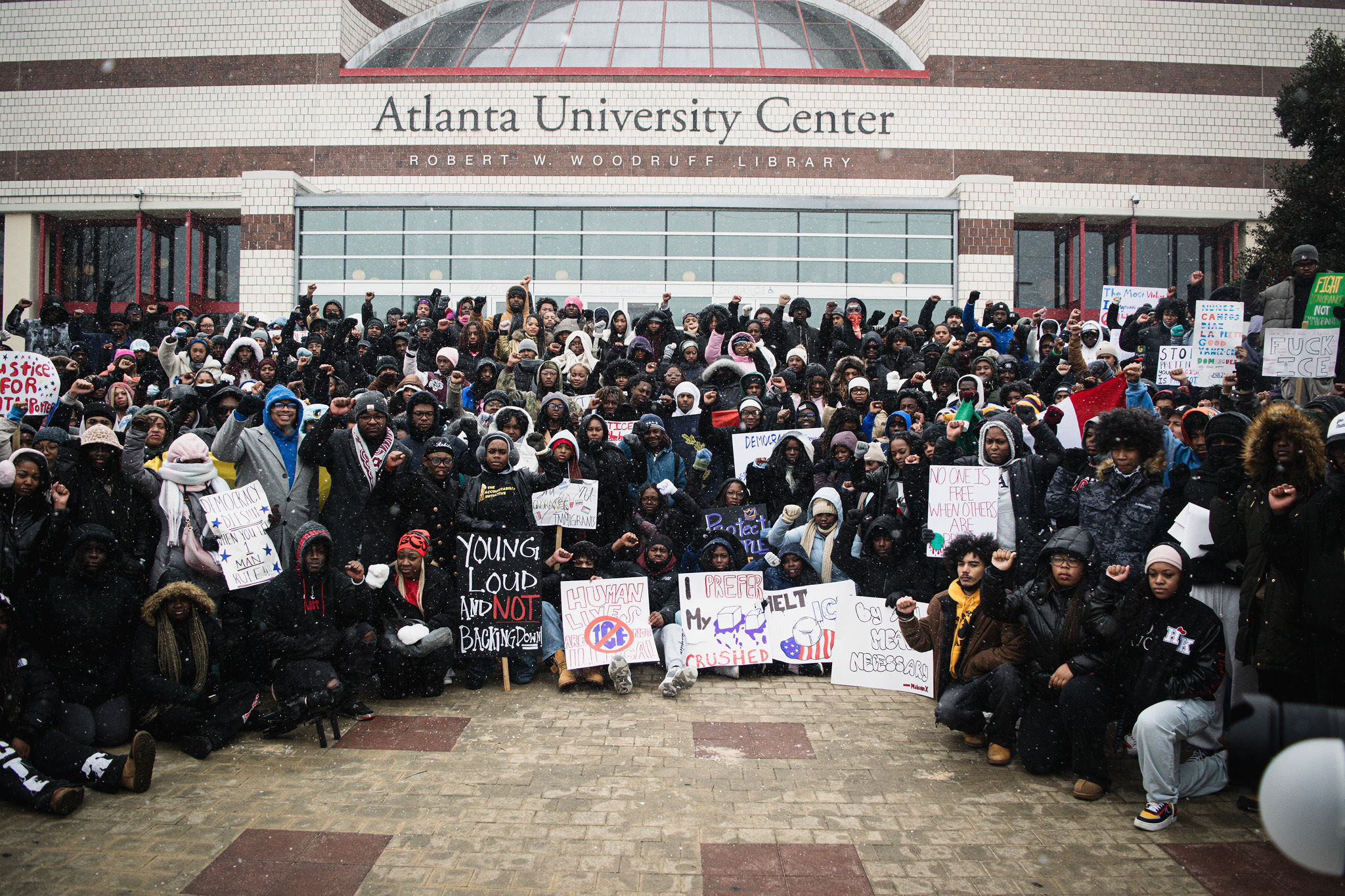Photo by Colin Royal
By Colin Royal, Editor in Chief of the Maroon Tiger
CHICAGO – As Chicago prepared for the Democratic National Convention, the city was in an uproar. Protesters marched in front of Grant Park to advocate for abortion rights, queer and trans liberation, and the end to conflict in Gaza.
One of the event organizers, Anne Rumberger, explained how the group – Bodies Outside of Unjust Laws – came together to put on the protest. She explained that the group had been organizing since January and was one of the first groups to obtain the proper licenses and permits to protest during the DNC.
“Our goal as activists was to connect these three demands (abortion rights, queer and trans liberation, and a ceasefire in Gaza) around the issue of bodily autonomy and self–determination,” Rumberger said.
The protest involved hundreds of people. South Michigan Avenue was flooded with people marching in solidarity with the protestors. Police bordered both sides of the street, giving the crowd a designated path toward their demonstration site.
The crowd stopped at the corner of South Michigan Avenue and East 11th Street to set up. There was a large scaffolding adorned with speakers and signs, and this served as the primary platform for various speakers.
Claudia De la Cruz, who is running for President of the United States with the Party for Socialism and Liberation, was one of many headlining speakers. During her speech, she hammered home the non–partisan nature of the crowd. They were not there to support Democrats or Republicans; instead, they were fighting to have their voices heard by a bi–partisan government that they felt does not recognize them.
“At some point we need to make the decision for ourselves and understand that neither party, not the Republicans, not the Democrats, will ever fulfill their promises to make us, the working class people, the poor people, the majority of people in this country as priority,” De la Cruz said.
Despite being peaceful, the group experienced a lot of push back. Whether it was legal battles or in–person resistance, the protesters had to overcome a lot of outside forces that saw them as threats. Through it all, Rumberger vocalized one final request:
“I would love the city to not see us as a threat and to just see us as activists expressing their First Amendment right.”
Copy Edited by Ron Thomas

